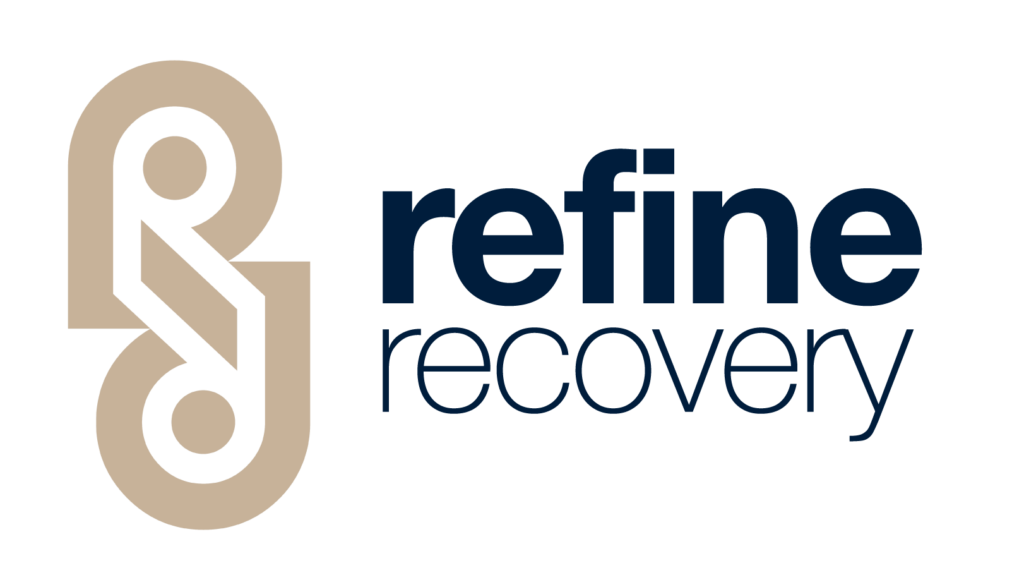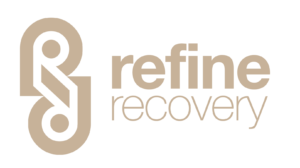When a person enters rehab, they may feel anxious about the road ahead. What kind of treatment will they get? What will rehab be like?
But what can be even scarier is what happens after rehab ends. Once they get back to everyday life, they will be dealing with the stressors that once led them to use drugs. Will they be able to maintain sobriety? What if they relapse?
This article will provide details about recovery after rehab, so you know what to expect.
What Does Rehab Entail?
Rehab is usually broken down into three steps as follows:
Detox: The first step of most rehab programs is the detox process. This is when your body rids itself of toxins. During this time, the patient will experience unpleasant withdrawal symptoms, but a medical staff will supervise them to keep them as comfortable as possible and ensure relapse doesn’t occur.
Therapy: After detox is completed, patients will start on a therapy program. The methods used will vary depending on the person’s situation and the clinic’s preferred treatment, but it’s common for a dual diagnosis approach to be taken. This addresses both the addiction and its underlying causes making for long-term success.
Aftercare: After a patient leaves the clinic, the facility continues to provide them with the support they need to maintain sobriety.
How Do I Know If I Need Rehab Treatment?
The first sign that your drug use is getting bad enough to check into a rehab is an increased tolerance. You will notice that you need to take more of the drug to get the same effects.
After a while, withdrawal symptoms will also start to kick in. Your body will have become so used to having the drug in its system, it will be unable to function properly without it.
Unpleasant physical and mental symptoms will occur when you are sober, and the only way to find short-term relief will be to do more of the drug. This will send you into a vicious cycle.
Other signs you need rehab include:
- Lack of self-care
- Troubled relationships
- Legal issues
- Financial issues
- Mood swings
- Withdrawal from society
- Dangerous behavior
- Dishonest behavior
- Physical symptoms specific to the drug you are using
- Failure to enjoy the things you once loved
What Happens After Rehab Treatment Ends?
After rehab treatment ends, you will return to the real world. You will have to deal with the stressors you once dealt with, knowing that drugs and alcohol are not the best solution. You may also fall in with the people you used to use with and be tempted to go back to your old ways.
But the difference is you will have the support you need to maintain sobriety in the form of an after drug rehab.
What is Involved in Post Rehab Programs?
Post-rehab programs can take many forms. Here are some possibilities.
- Aftercare Programs: You may continue to attend therapy on an outpatient basis to continue to develop coping strategies.
- AA Meetings: AA meetings are group therapy sessions based on the theory that there are 12 steps to recovery. They are religious in nature. They take place all over the country, and they are free to attend.
- Sober Living Facility: After leaving rehab, you may check into a sober living facility. The facility will supervise you to ensure you stay sober. They may also teach you valuable skills to help you find a job after leaving.
How to Find Aftercare Programs
There are many facilities that offer aftercare treatment, but it can be challenging to find the one that’s right for you. You must consider the treatment offered, the atmosphere in the facility, the staff experience, and more. Considering all these factors, you will find that Refine Recovery checks off all the boxes.
Refine Recovery is a luxury facility in Beverly Hills, CA. We offer world-class customized treatment with multiple paths to recovery. We take a three-step approach that includes detox, residential inpatient treatment, and aftercare planning.
It’s hard to get sober, and it can be even more difficult to maintain sobriety. But Refine Recovery will give you the support you need to reach your long-term goals. Call us today to find out how we can help.



